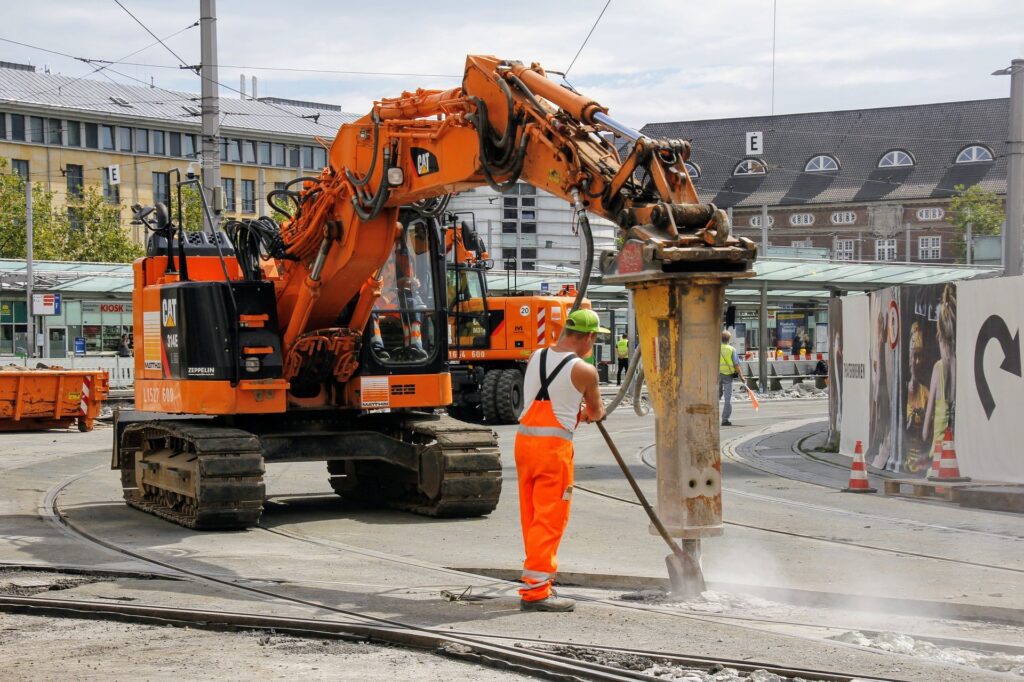UK Construction Industry Trends for Small Businesses

According to ResearchAndMarkets.com’s offering as part of the Global Small Business Construction Industry Trends 2016 – 2026, the UK construction industry is expected to grow by 2.8% to reach £176.5 billion by 2024.
In terms of value, the commercial building construction market is expected to grow another 4.1% by 2025. The housing sector grew at a 1.9% annual rate from 2015 to 2019 and is predicted to grow by 2% per year from 2024 to 2026.
This report provides forecasts of the UK construction industry’s market size in terms of value, market share and market growth. Trend analysis at the city level helps to identify the most important market trends and opportunities for small businesses in the construction sector by understanding the growth trends of the construction industry in England, Wales and Northern Ireland.
Despite the pandemic – expect growth
With months to go before it can be analysed and recalibrated, there is some evidence that the short-term and extended effects of this pandemic will only serve to accelerate the growth and the demand from construction professionals who want mobile-friendly content.
Construction companies around the world are reorganizing their operations to integrate new technologies, ideas, and opportunities, and the construction industry in the UK is in the midst of this exciting transformation.
While it is still unclear what the political and economic landscape holds for the coming year, one thing is certain: contractors will not face a shortage of jobs or economic growth in 2021. Keeping an eye on the latest trends and technologies in the industry will be crucial to the success of the coming year.
Here are some important trends to watch and why they could be of interest to you as a small business owner in the construction sector.
- Britain is still seen as one of the world’s largest markets for small and medium-sized enterprises in the construction sector. There are still many opportunities for smaller projects.
- Urban trends – the working from home trend will have an impact on prime commercial real estate. Opportunities for renovating and repurposing buildings will mean a need for contractors, construction equipment, plant hire, and other construction-related services.
- Subcontracting specialised services such as sound insulation testing, high-expertise and technology-intensive design services, and other less frequently used specialist services will be more common than maintaining in-house expertise.
What can you expect
The growth will increase competition between businesses for construction projects in 2021. The industry is expected to make lower profits next year, provided that its support forces do not weaken or limit the number and scope of construction of projects.
Burning, a software company that compiles data on current labour market trends, monitors the skills needed for many construction jobs. Information on the construction sector, such as the number of construction jobs and the level of employment in the construction sector, support the notion of growth in the sector.
Develop flexibility
Even with an overall bright outlook for the construction sector in 2021, if the pandemic situation worsens, some small manufacturing and construction companies may still have to lay off workers or stop projects temporarily.
For any small business in the construction sector, it will be even more important in the coming year to understand the insights into new trends that will affect and change the construction industry – and be agile in adapting to them.





